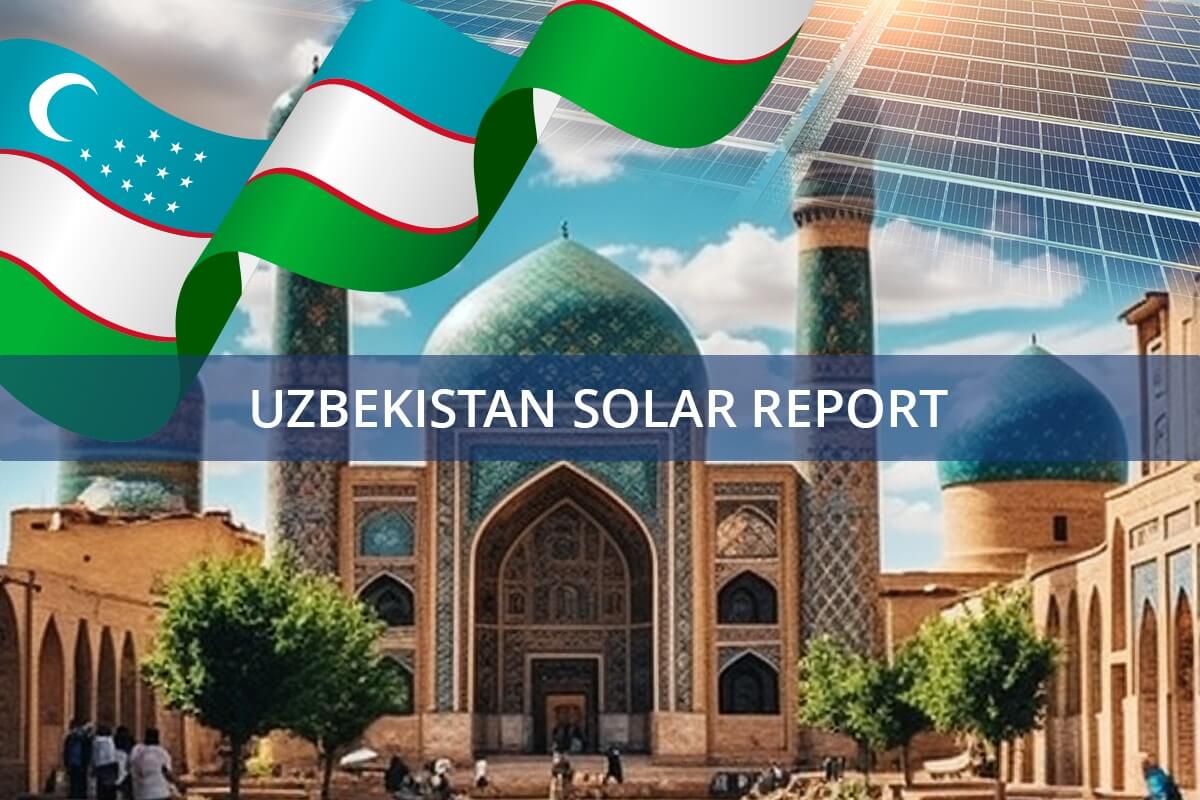Uzbekistan Solar Capacity Growth in 2025: A Transformative Year for Renewable Energy
Uzbekistan’s renewable energy sector has witnessed remarkable growth in the first half of 2025, marked by the installation of 191.6 MW of solar capacity. This impressive expansion aligns seamlessly with the government’s strategic plan to diversify the country’s energy mix and reduce its reliance on fossil fuels. For more insights on Uzbekistan’s solar initiatives, visit Uzbekistan Solar Energy Growth: 191.6 MW Installed in Q1 2025.
Government Strategy and Uzbekistan Solar Capacity Goals
The Uzbek government has been actively championing the cause of renewable energy as an integral part of its broader economic and environmental objectives. In 2023, the nation articulated its strategy to elevate the share of renewables in its energy mix, with a keen focus on solar and wind power. The state programme for 2024-2026, aptly named “Renewable Energy Sources for Every Family,” has played a pivotal role in this growth trajectory.
This comprehensive programme introduced various financial incentives for individuals and businesses to invest in renewable energy solutions. These incentives included preferential loans, partial compensation for initial investment costs, and tax deductions. For instance, citizens who install solar panels and wind turbines with a capacity of up to 3 kW are entitled to a 30% compensation of the installation cost. Additionally, a 40% compensation is provided for the purchase of electric vehicles.
According to the Ministry of Energy, the first half of 2025 saw the implementation of 2,334 solar and wind power plants. Among these, 2,331 were solar power plants with a total capacity of 191.6 MW, and three were wind power plants with a combined capacity of 0.1 MW. This development brings the total number of renewable energy installations to 30,122, with a cumulative capacity of 1,116 MW.
Impact of Uzbekistan Solar Capacity on the National Energy Sector
The surge in solar and wind installations is poised to have a profound impact on Uzbekistan’s energy sector. The government projects that by 2030, renewable energy will account for 25% of the country’s total energy production. This shift is expected to reduce the nation’s dependence on natural gas and other fossil fuels, thereby decreasing greenhouse gas emissions and improving air quality.
The expansion of renewable energy is also likely to create new economic opportunities. The construction and maintenance of solar and wind farms will generate jobs and stimulate local economies. Moreover, the increased availability of clean energy could attract foreign investment and enhance Uzbekistan’s competitiveness in the global market.
Challenges and Future Prospects for Expanding Uzbekistan Solar Capacity
Despite the progress, Uzbekistan continues to face challenges in its transition to renewable energy. The country needs to invest in modernizing its energy infrastructure to accommodate the growing share of renewables. This includes upgrading the electrical grid and developing energy storage solutions to ensure a stable and reliable supply of electricity.
Furthermore, public awareness and acceptance of renewable energy technologies will be crucial for the continued success of the programme. The government plans to launch information campaigns and educational initiatives to promote the benefits of renewable energy and encourage more citizens to participate in the programme.
The first half of 2025 marks a significant milestone in Uzbekistan’s journey towards a sustainable energy future. The successful implementation of the “Renewable Energy Sources for Every Family” programme underscores the government’s commitment to reducing carbon emissions and promoting clean energy. With continued support and investment, Uzbekistan is well on its way to achieving its renewable energy targets and contributing to global efforts to combat climate change. For a comprehensive overview of these developments, explore Uzbekistan Solar Capacity Hits 191.6 MW in Q1 2025: A Stunning Growth.

